"A time-dependent approach to inelastic scattering spectroscopies in and away from equilibrium: beyond perturbation theory"Adrian Feiguin , Northeastern University [Host: Israel Klich ]
ABSTRACT:
I present a new computational paradigm to simulate time and momentum resolved inelastic scattering spectroscopies in correlated systems. The conventional calculation of scattering cross sections relies on a treatment based on time-dependent perturbation theory, that provides formulation in terms of Green’s functions. In equilibrium, it boils down to evaluating a simple spectral function equivalent to Fermi’s golden rule, which can be solved efficiently by a number of numerical methods. However, away from equilibrium, the resulting expressions require a full knowledge of the excitation spectrum and eigenvectors to account for all the possible allowed transitions, a seemingly unsurmountable complication. Similar problems arise when the quantity of interest originates from higher order processes, such as in Auger, Raman, or resonant inelastic X-ray scattering (RIXS). To circumvent these hurdles, we introduce a time-dependent approach that does not require a full diagonalization of the Hamiltonian: we simulate the full scattering process, including the incident and outgoing particles (neutron, electron, photon) and the interaction terms with the sample, and we solve the time-dependent Schrödinger equation. The spectrum is recovered by measuring the momentum and energy lost by the scattered particles, akin an actual energy-loss experiment. The method can be used to study transient dynamics and spectral signatures of correlation-driven non-equilibrium processes, as I illustrate with several examples and experimental proposals using the time-dependent density matrix renormalization group method as a solver. Even in equilibrium, we find higher order contributions to the spectra that can potentially be detected by modern instruments. |
Condensed Matter Seminar Thursday, April 8, 2021 2:30 PM via Zoom, Room Online Note special time. Note special room. Join Zoom Meeting:https://virginia.zoom.us/my/israel.klichMeeting ID: N/A
|
To add a speaker, send an email to phys-speakers@Virginia.EDU. Please include the seminar type (e.g. Condensed Matter Seminars), date, name of the speaker, title of talk, and an abstract (if available).
 Physics at Virginia
Physics at Virginia